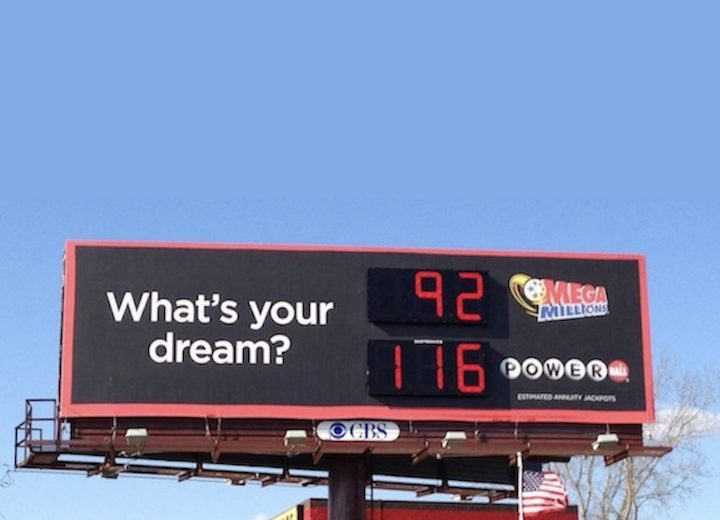Here’s a question you’ve likely been asked before: If money were no object, what would you do?
If that question stumps you, good! It’s a stupid question and you shouldn’t answer it because it’s built on three dream-chasing myths:
MYTH 1: Your real dream is expensive. Think about the word dream for a minute. Does it conjure up lavish thoughts about champagne, yachts, exotic beaches, and the lifestyles of the rich and famous? Or perhaps you’re more utilitarian and dismiss the whole notion of dreaming as a frivolous waste of time. You’ve got real world problems and you don’t have time to dream. Why? Because dreams are expensive and out of practical reach. We’re enticed to believe that our real dreams are costly by billboards suggesting that money can buy us happiness and an instant lottery win can bring escape from the problems we now face. To be sure, if money were no object, your lifestyle would likely change, but there are many with whom money is no object that have yet to pursue a bold idea.
MYTH 2: Your real dream can be purchased. Implicit in the question about money being “no object” is the idea that having unlimited resources will somehow resuscitate a dream lying dormant within you. If you’re waiting for financial “freedom” before pursuing your dream, then you don’t love it enough to work for it. You’ve sidelined a bold idea that can teach you more about yourself waiting for a transaction that may never materialize. Dreams can’t be bought, they must be earned.
MYTH 3: Your real dream can be achieved instantly. You and I live in an instant gratification culture. Mobile phones and social media keeps us instantly connected. We can make instant investments, get instant credit, and nearly instant delivery on purchases. Why not dreams? Just imagine what you could do instantly if money were no object. No work, just outcome. Like water flowing to the path of least resistance, the appeal of instant success, however remote, trumps the perseverance to pursue a dream no matter how long it takes. But the real bold ideas inside of us require a different kind of creativity—not the creativity inspired by imagining financial windfall, but rather the sustained and tireless creativity that comes from leaning into our challenges with a long obedience in the same direction, as Eugene Peterson has put it.
The next time you see one of those billboards brazenly asking “What’s your dream?” while offering a chance to win that mega-jackpot, just smile and say back to it: “It’s none of your business. I don’t need you anyway.”
A version of this post originally appeared on learygates.com.


 Leary Gates is the co-host of the BoldIdea podcast and leadership and corporate venture coach. He writes on his blog
Leary Gates is the co-host of the BoldIdea podcast and leadership and corporate venture coach. He writes on his blog